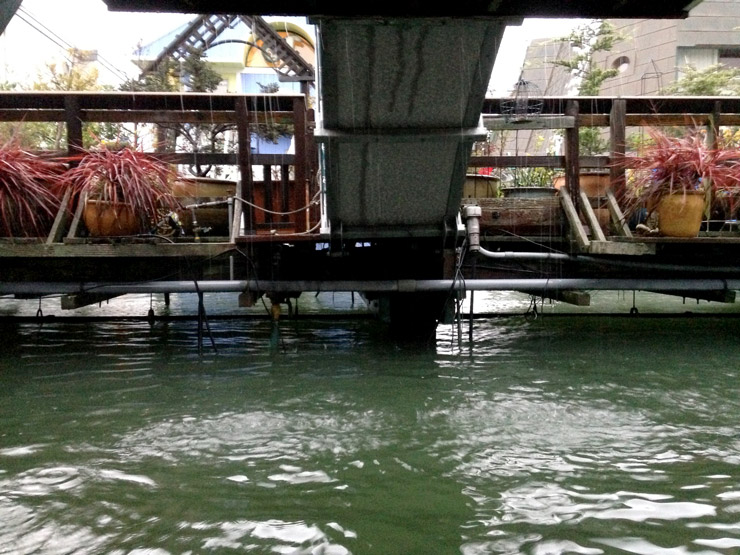
Last week a colossal iceberg broke away from a section of Antarctica. Although we didn’t hear it cracking from our berths, the repercussions of that Delaware-sized iceberg will likely impact us and everyone on the planet. As scientists monitor the situation carefully, many are predicting an escalating pace at which water rises. Our ice blanket protecting us from the sun is slipping off.
Marin County has conducted an assessment of which communities are vulnerable to flooding. You can read the report here, which looks at each city to see what 10 to 60 inches more water would do. And, a recent climate change article in New York magazine itemized a scary future scenario that freaked out many. (Think famine, economic collapse, a sun that cooks us.)
Prevention and Mitigation
There are two paths forward. One is to try and reduce or prevent the worst affects of climate change. (If you are curious, the safe level of carbon dioxide in the atmosphere is 350 parts per million instead of what it is, over 400.)
What does that mean for individuals? A new infographic makes it very clear. Here are the steps to take, at different levels of impact:
Low impact:
- Upgrade light bulbs to LEDs
Moderate impact:
- Hang dry clothes
- Recycle
- Wash clothes in cold water
- Replace typical car with hybrid
High impact:
- Eat a plant-based diet
- Switch electric car to car free
- Buy green energy
- Avoid one roundtrip transatlantic flight
- Live car free
- Have one fewer child
Mitigation means taking steps to prepare for the predicted futures. We know that the rising bay combined with storm surges has meant damaged cars and cut-off road access. Now, we should worry that we have fewer years than we thought before the utilities under our docks will be underwater. If you haven’t yet, visit the Van Damme dock to see the rising, floating dock.
